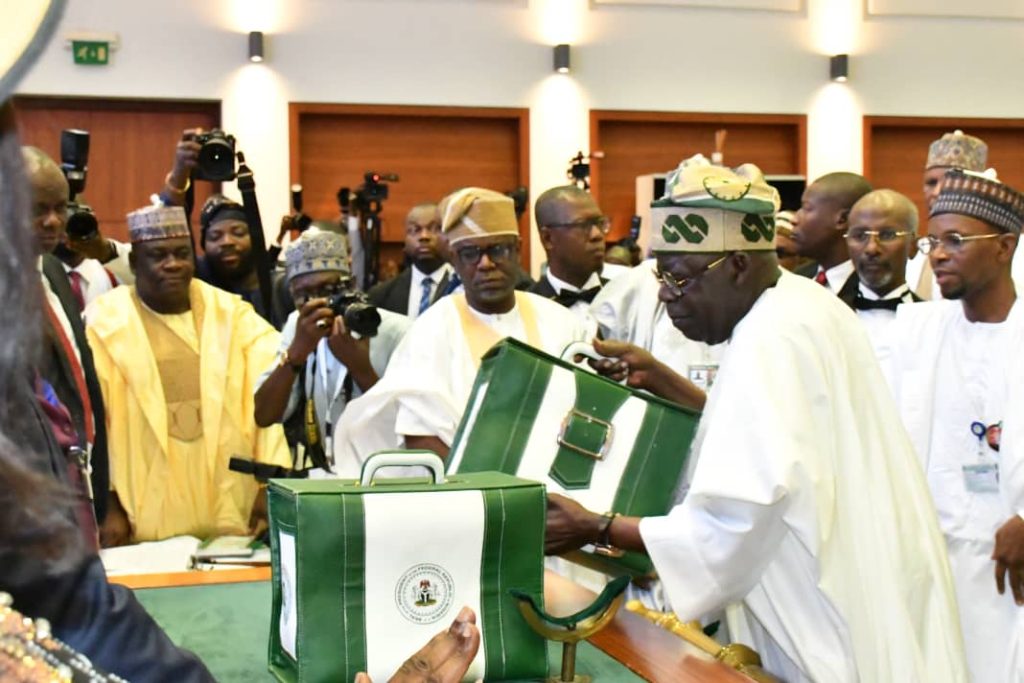President Bola Ahmed Tinubu on Wednesday reaffirmed his administration’s commitment to sustaining economic and security reforms while presenting the 2025 budget to the National Assembly in Abuja. The ₦47.90 trillion ($31.22 billion) “Budget of Restoration” prioritises macroeconomic stability and improved security as the cornerstones of Nigeria’s development.
“This budget reflects a renewed commitment to strengthening the foundation of a robust economy while addressing critical sectors essential for the growth and development we envision,” Tinubu told lawmakers.
The president defended his administration’s earlier decisions to abolish the fuel subsidy and float the naira, policies that have faced public criticism. Despite regional tensions arising from proposed tax reforms, Tinubu stressed that the tough decisions are beginning to yield positive economic results.

Tinubu underscored security as the government’s top priority, stating that the budget allocates the largest share to defence and internal security. “Security is the foundation of all progress,” he said, pledging to boost funding for the military, paramilitary, and police forces to restore peace, protect borders, and reassert government control across the country.
Facing one of the worst economic crises in decades, with inflation reaching 34.6% in November, Tinubu outlined steps to mitigate the situation. He projected inflation would decline to 15% in 2024, supported by domestic oil refinery exports and a bumper agricultural harvest that would reduce food imports.
Describing the budget as ambitious but necessary, Tinubu revealed plans for a budget deficit of 3.9% of GDP. He also announced targeted fiscal stimulus packages to sustain economic gains and revive businesses.
The National Assembly has a tight deadline to pass the budget before year-end to maintain the January-to-December fiscal cycle. Senate President Godswill Akpabio assured lawmakers of plans to extend the lifespan of the 2024 budget until June 2025 to ensure seamless governance.


